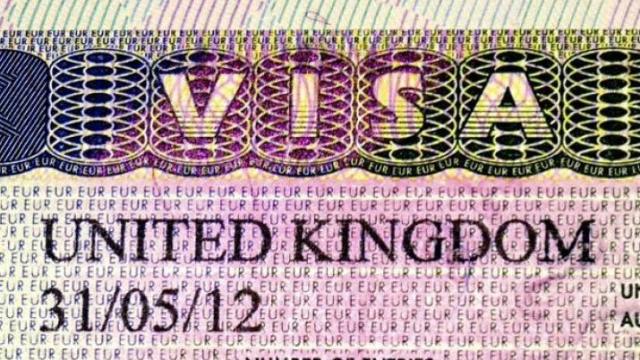Further to a report on health and social care by the Institute for Fiscal Studies (IFS) and Health Foundation published in May which indicated great problems would occur if funding to the NHS is not increased, the NHS Confederation has today said in a press release, that a poll has suggested that the British public would back a “spending increase to fund improved healthcare.”
The poll conducted by the UK’s second biggest market and opinion research company Ipsos MORI, on behalf of the NHS Confederation, found that more than three-quarters (77%), of the adult population sample of 1000 used for the poll, were in favour, or strongly in favour of “an increase in UK spending on public healthcare by 4% a year over the next 15 years” and that 82% were in favour or strongly in favour of boosting social care funds by 3.9%.
Where would the extra funding possibly come from?
Government borrowing, fining patients for missing appointments, tax increases, and upping national insurance payments were some of the options given on the survey for those polled by Ipsos MORI. According to the findings of the poll, reported in The Telegraph, government borrowing would be the least popular option (23%), while the greatest preference was for the implementation of charges for those patients who miss appointments (71%). Additionally, preference for an increase in National Insurance (45%) was narrowly above an increase in income tax (42%).
The earlier report
The report published in May titled, ‘Securing the future: Funding health and social care to the 2030s’ focussed on the future of health and social care in the UK from an economic viewpoint.
It found that NHS expense demands have risen at a rate not matched by the percentage of public funds allocated to it.
Over the coming years, an ageing population, as well as the prediction of an increase in numbers of those with chronic diseases, and the estimated need of a large number of additional staff among other issues, the cost of health and social care will become even more mismatched with the funds allotted to them, according to the findings of the report. Therefore, the authors of the report argued that a much greater amount of money is required to maintain the NHS and social care provision.
In response to the report, the Chief of the NHS Confederation, Niall Dickson, said that Britain would have a “decade of misery” if an injection of funding was not made to the NHS.
In Scotland, which has devolved powers over health and social care, it was announced at the weekend that there would be a 3% boost in pay for those employed by the NHS in Scotland though not including senior managers, doctors, or dentists. The First Minister of Scotland, Nicola Sturgeon stated, “I’m proud that our government was the first in the UK to lift the 1% pay cap” and further, that beginning in July, when the 3% increase is set to go into place, “the vast majority of our frontline NHS staff will be paid, not just the same as in NHS England this year, but more.”
With the upcoming 70th Anniversary of the NHS later this summer, the announcement made by the Scottish government at the weekend, and today marking the beginning of the NHS Confederation’s annual conference in Manchester; today’s press release on the public’s opinion on an increase on funding is well-timed for impact.
Niall Dickson, the NHS Confederation’s Chief Executive, commented in today’s Confederation press release that in considering the future of the NHS, “if we want good, effective and safe services, we will have to find the resources to pay for them”, and concluded, “It is now for the politicians to decide what to do next – the greatest risk lies in doing nothing.”
Stephen Dorrell, NHS Confederation Chair, furthermore, said at the opening speech of today’s NHS Confederation conference that “We now have that evidence; the question for ministers is whether they act upon it.”




